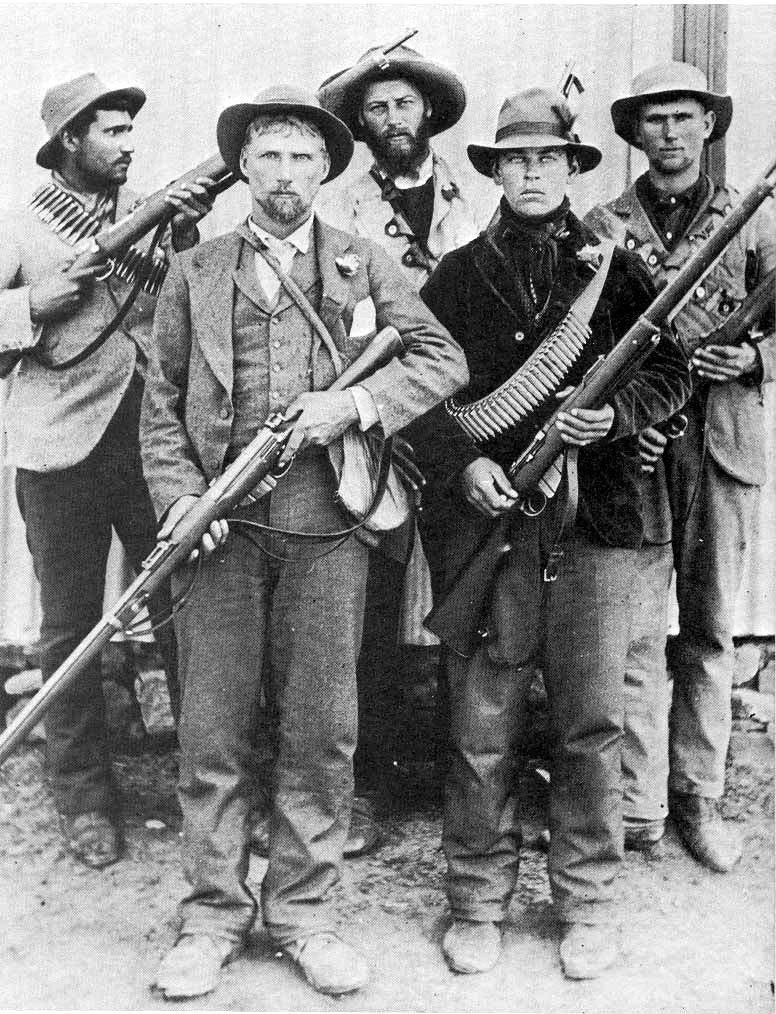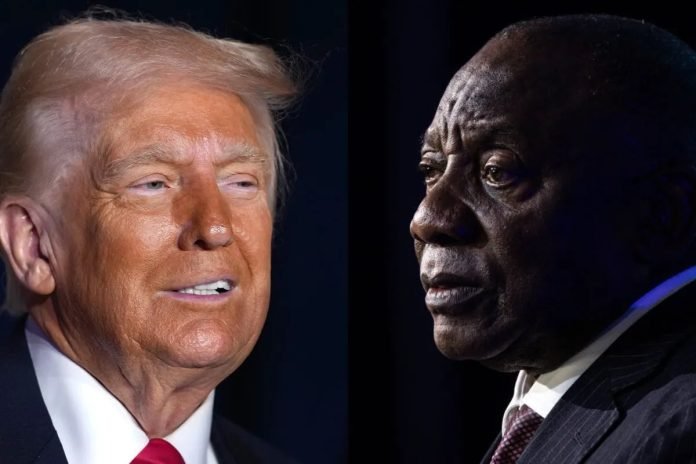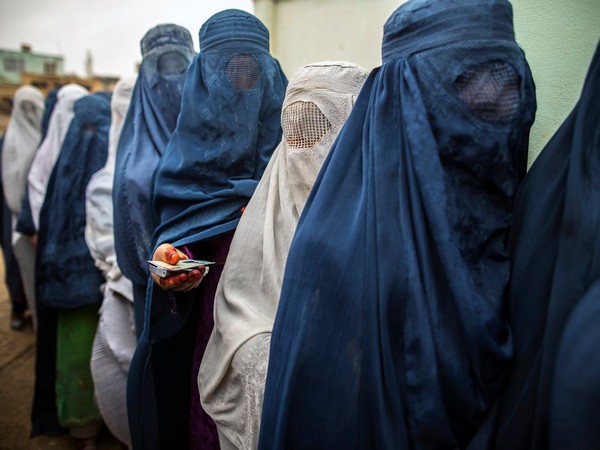United States President Donald Trump has signed an executive order to cut off financial assistance to South Africa.
Trump disapproves of Cyril Ramaphosa’s new land policy, known as the Expropriation Act, which Trump says is to “seize ethnic minority Afrikaners’ agricultural property without compensation.
He is also upset with South Africa’s recent genocide case against Israel at the International Court of Justice, accusing it of genocide over its military assault on Gaza. The South African case resulted in the ICJ declaring Israeli Prime Minister Benjamin Netanyahu as wanted to answer for war crimes.
READ ALSO | ICC Issues Arrest Warrants for Israeli Prime Minister Netanyahu, Others, Over War Crimes
The Trump EO, titled “Addressing Egregious Actions of the Republic of South Africa,” was signed on Friday and published by the White House on Saturday. It claims that South Africa has taken positions against the US and its allies, including the International Court of Justice case.
Land Ownership and Racial Disparities
The question of land ownership is highly charged in South Africa due to the legacy of colonial and apartheid eras. White landowners still possess 75% of the country’s freehold farmland, while Black people, who make up 80% of the population, own just 4%.
Ramaphosa has defended the land policy, saying it aims to address racial disparities in land ownership. “We will not be bullied,” Ramaphosa said.
The White House has also expressed concerns about the case brought by South Africa at the International Court of Justice.
Trump also accused South Africa of “reinvigorating its relations with Iran to develop commercial, military, and nuclear arrangements.”
The executive order instructs US officials to provide humanitarian relief, including admission and resettlement, for Afrikaners in South Africa who are victims of “unjust racial discrimination” to be resettled in the United States.
South Africa Replies to Trump
The government of South Africa, responding to Trump, said it is greatly concerned that the “foundational premise of this order lacks factual accuracy and fails to recognize South Africa’s profound and painful history of colonialism and apartheid.”
It accused the US of “a campaign of misinformation and propaganda aimed at misrepresenting our great nation.” It is disappointing to observe that such narratives seem to have found favor among decision-makers in the United States of America.
South Africa 🇿🇦 represents humanity when taking Israel 🇮🇱 to the ICJ for genocide in Gaza 🇵🇸
— Howard Beckett (@BeckettUnite) February 8, 2025
Trump 🇺🇸 responding by suspending aid is another dark day.
South Africa’s President Cyril Ramaphosa’s message in return should ring true for the whole world:
“We will not be bullied” pic.twitter.com/2fq60KTY9l
Ramaphosa’s government said it found it “ironic” that Trump cared more for “a group in South Africa that remains among the most economically privileged, while vulnerable people in the US from other parts of the world are being deported and denied asylum despite real hardship.”
It, however, said it was “committed to finding diplomatic solutions to any misunderstandings or disputes.”
Afrikaners Reject Trump’s Offer
The Afrikaners themselves are unimpressed with President Trump’s offer.
Afrikaner civic group AfriForum CEO Kallie Kriel said his organization appreciated the recognition but believed the future of Afrikaners was in Africa.

“We have an appreciation for the fact that the USA recognizes the discrimination that Afrikaners experience at the moment. We do see the future of Afrikaners in Africa as a people. We were formed in Africa, and the price to leave the country would be too high. We remain committed to the country and its future,” Kriel said.
Who Are the Afrikaners?
Afrikaners are a Southern African ethnic group primarily descended from Dutch settlers who arrived at the Cape of Good Hope in 1652. Over time, they also intermarried with German, French Huguenot, and other European settlers. Afrikaners developed their own language, Afrikaans, which is primarily derived from Dutch. They have a strong cultural identity and are predominantly Protestant, following the Reformed tradition.

Afrikaners played a significant role in South Africa’s history, particularly during the colonial and apartheid eras. They established independent republics in the interior of South Africa, known as the Boer Republics, and fought against British colonial forces in the Boer Wars. Despite their relatively small population, Afrikaners have had a lasting impact on South African politics, culture, and society.
Today, Afrikaners are concentrated in South Africa, with smaller communities in Namibia, Zambia, and other countries. They continue to contribute to the cultural and linguistic diversity of the region.
Like 👍, Comment, share this article, and Follow us on our social media handles.








